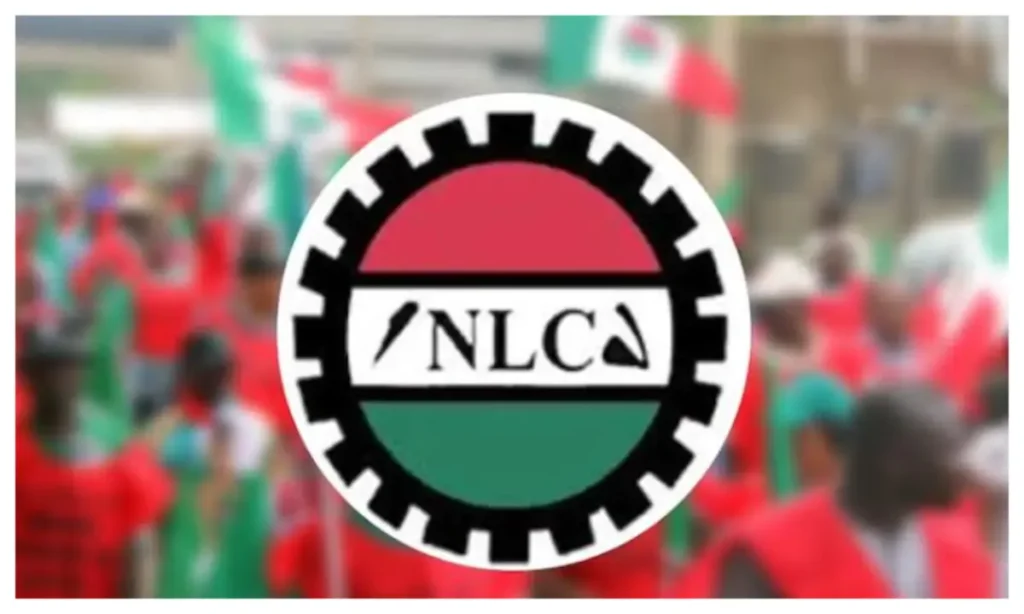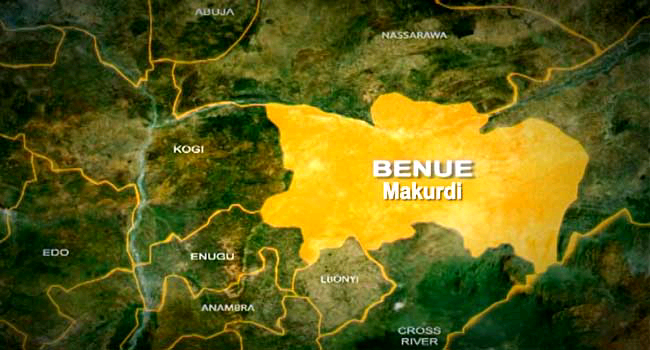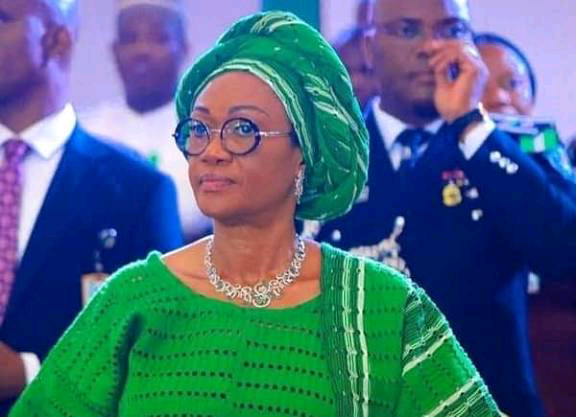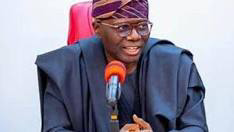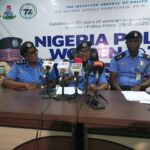Bashir Ahmad Accuses IPOB of Spreading Dangerous Propaganda Since 2008

Former media aide to late President Muhammadu Buhari, Bashir Ahmad, has accused the Indigenous People of Biafra (IPOB) of spreading what he described as “dangerous propaganda” since the group’s formation in July 2008.
Ahmad made the statement on Thursday through a post shared on his social media platform, X (formerly Twitter), where he criticized the group for allegedly promoting hate, division, and misinformation against the Nigerian state.
Ahmad, who served as Special Assistant on Digital Communications during Buhari’s administration, said IPOB’s activities over the years have done “irreparable damage” to national unity.
According to him, the group’s campaigns and narratives have fueled ethnic tensions and incited violence in parts of the country, especially the South-East region.
“The Indigenous People of Biafra have, since 2008, mastered the art of propaganda and disinformation,” Ahmad wrote. “Their entire movement thrives on twisting facts, spreading hate, and deceiving young people into believing in a false narrative of oppression.”
He further accused the group of using online platforms to manipulate public opinion and discredit Nigeria’s image before the international community.
Ahmad claimed IPOB had built “a network of falsehood” that portrays Nigeria as an enemy of its own citizens while ignoring the group’s alleged involvement in violence and intimidation.
Ahmad’s remarks come amid his ongoing legal dispute with IPOB leader, Mazi Nnamdi Kanu, who recently filed a ₦100 billion defamation suit against him at the Enugu State High Court. Kanu’s legal team argues that Ahmad’s earlier social media post describing the IPOB leader as a “terrorist” and declaring anyone advocating for his release as “an enemy of Nigeria” was defamatory and injurious to his reputation.
The former presidential aide, however, has stood by his words, insisting that IPOB’s record justifies his description. He said the group’s violent sit-at-home enforcement and attacks on security personnel in the South-East have had devastating effects on lives, businesses, and education.
“Anyone who has witnessed what IPOB’s so-called struggle has done to the South-East economy will understand my position,” Ahmad said. “The propaganda they spread online is the same ideology that destroys livelihoods on ground.”
In response, IPOB’s spokesperson condemned Ahmad’s statement, accusing him of attempting to distort history and justify what it described as the marginalization of the Igbo people.
The group maintained that its struggle for self-determination remains peaceful and legitimate under international law.
Political observers note that Ahmad’s latest comments could further inflame tensions between pro-Biafra activists and government loyalists. The former aide has often used his social media platforms to defend Buhari’s security policies and criticize separatist movements, making him a frequent target of backlash from IPOB supporters.
The exchange adds to the ongoing public debate about freedom of speech, national unity, and the handling of separatist movements in Nigeria. While IPOB remains a proscribed organization under Nigerian law, its leader’s continued detention and trial have remained a subject of controversy both within and outside the country.
Ahmad’s remarks reflect a broader narrative within Nigeria’s political space — one that pits government officials and nationalists against separatist sympathizers in a contest over truth, legitimacy, and the nation’s future.


